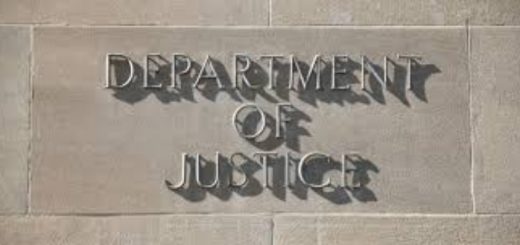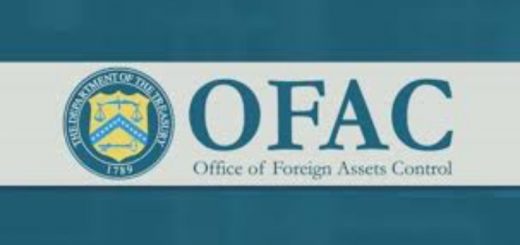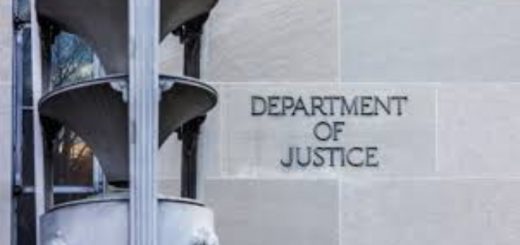Japanese Electrolytic Capacitor Manufacturer Sentenced to Pay $60 Million for Criminal Price-Fixing
The Justice Department’s Antitrust Division had a slow year in criminal antitrust cases. There are a number of explanations for the slowdown in criminal cases – the most persuasive is that such a slowdown is part of normal case processing ups and downs, especially as several significant investigations (e.g. auto parts suppliers) are coming to a close. One criminal antitrust investigation is picking up speed...























